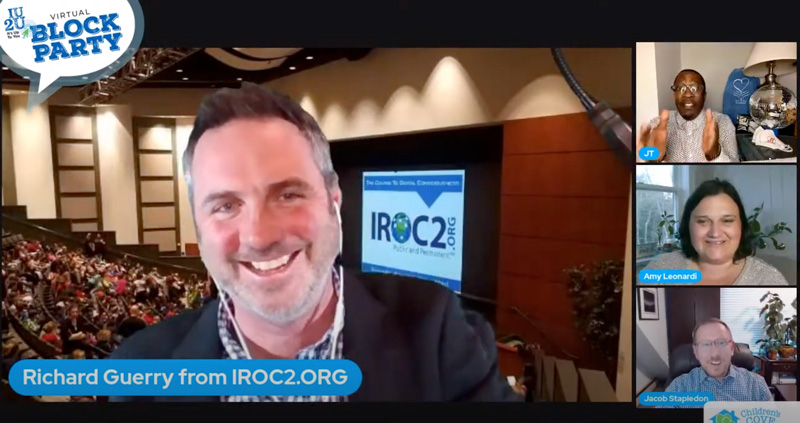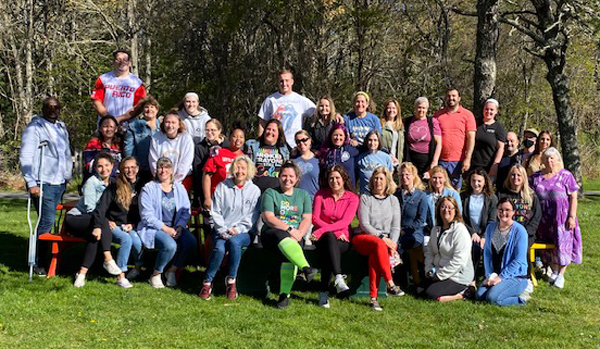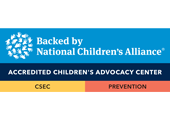Are we back to “Normal?” We hope not.
June 10, 2021
In Massachusetts, the COVID-19 pandemic state of emergency is over. For those who chose to get vaccinated, this means much of life can return to normal: dining out, shopping, visiting with friends and family, and giving hugs. As we move forward into this post-pandemic world, it’s not uncommon to hear, “I’m so glad things are getting back to normal.” However, it would be unwise to assume that everything is going to return to the way that it was. Technological innovation, for example, has permanently changed the way we work, go to school, socialize, and connect. And this integration of technology into our everyday lives will continue to expand—along with the associated risks.
Just like body safety, discussing online safety is equally important for children now, and setting that tone for the future as well.
This year, we have been diligent in addressing the increased risk of online sexual exploitation, as our children—and sexual predators–have spent more time online now than ever. The numbers of newly reported cases of child sexual abuse by the National Center for Missing and Exploited Children, as well as the Federal Bureau of Investigation, have only continued to climb since the onset of COVID-19. There has also been a surge in childhood exposure to internet pornography and unsolicited child sexual abuse material in their online interactions. These issues will pervade during what we had dubbed the “new normal,” and we urge you to keep the conversation open and ongoing.

One of the amazing things we at Children’s Cove experienced during the stay-at-home order was the sense of community online and a willingness to reach out for help. In response to this significant call for action, we launched our #IU2U, It’s Up To You, campaign, which included a commitment that parents and children discuss together to focus on the importance of their online safety, called The Pledge. We also started a new video series, kicked off by our Virtual Block Party event on April 27, during Child Abuse Prevention Month, which can be found on our YouTube channel. We have implemented these programs and resources because we know there is a demand for them. The risks for children online and in their digital lives are only going to increase. Just like body safety, discussing online safety is equally important for children now, and setting that tone for the future as well.
Please, take the time to have the conversation with your children about body safety AND online safety. Have these conversations early and often. We are excited that we can reconnect and reengage with our community, but there are some elements of returning to normal that we do not want back. We do not want to continue to be reactive to abuse after its happened. Instead, we hope to make the shift to being more proactive in the prevention of the child sexual abuse and advocating for our children’s health and safety, both in-person, and online.







